turn left at the end of the drive
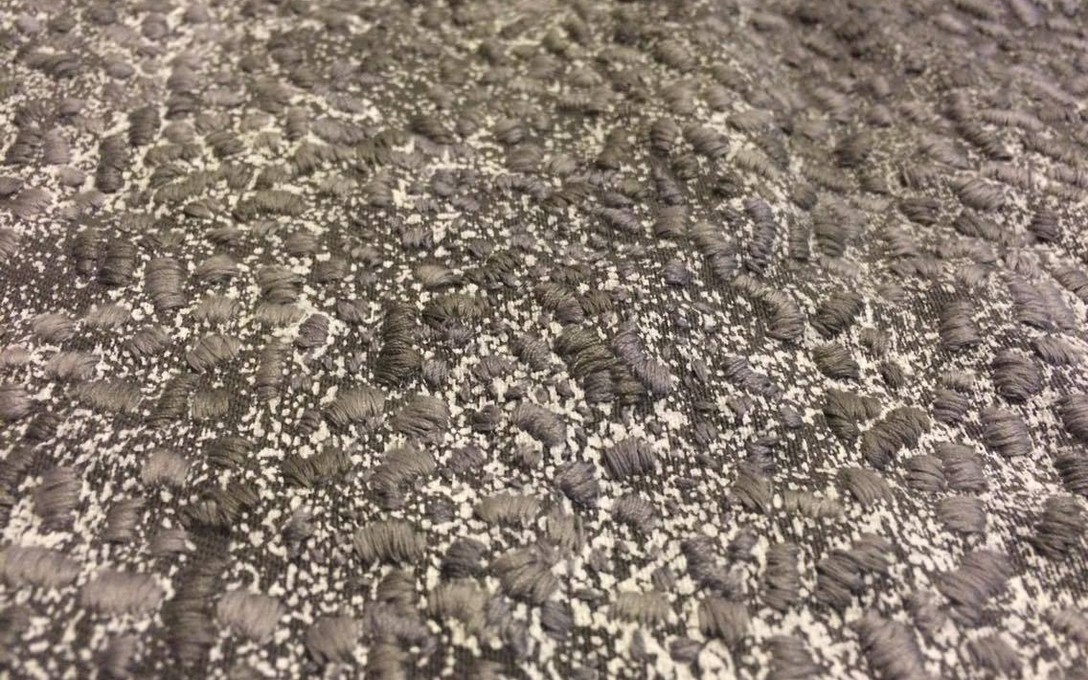
archived
12 May
–
4 Jun
2016
Jay Hutchinson
Through physical and chemical processes, Jay Hutchinson’s elaborate hand-embroidered pieces recreate and relocate the quiet marks, colours and textures of Newtown, Wellington.
Footpaths, buildings, graffiti and road markings are mimicked and displaced, in ways reminiscent of psychogeographic strategies. Textures that were once soft appear hard, concrete and heavy. Familiar streets are transformed into something novel and unexpected.
Guy Debord described psychogeography as ‘the study of specific effects of the geographical environment, consciously organised or not, on the emotions and behaviour of individuals.’[1] In re-contextualizing the city, Hutchinson’s work encourages new ways of apprehending our surroundings, presenting illusory fragments of the streetscape through his intensive and meticulous textile pieces.
[1] Guy Debord, "Introduction to a critique of Urban Geography" in Situationist International Anthology, ed. Ken Knabb (Berkeley, CA: Bureau of Public Secrets, 2006), 5.
Exhibition essay
Stitching the street
by Sian van Dyk
More info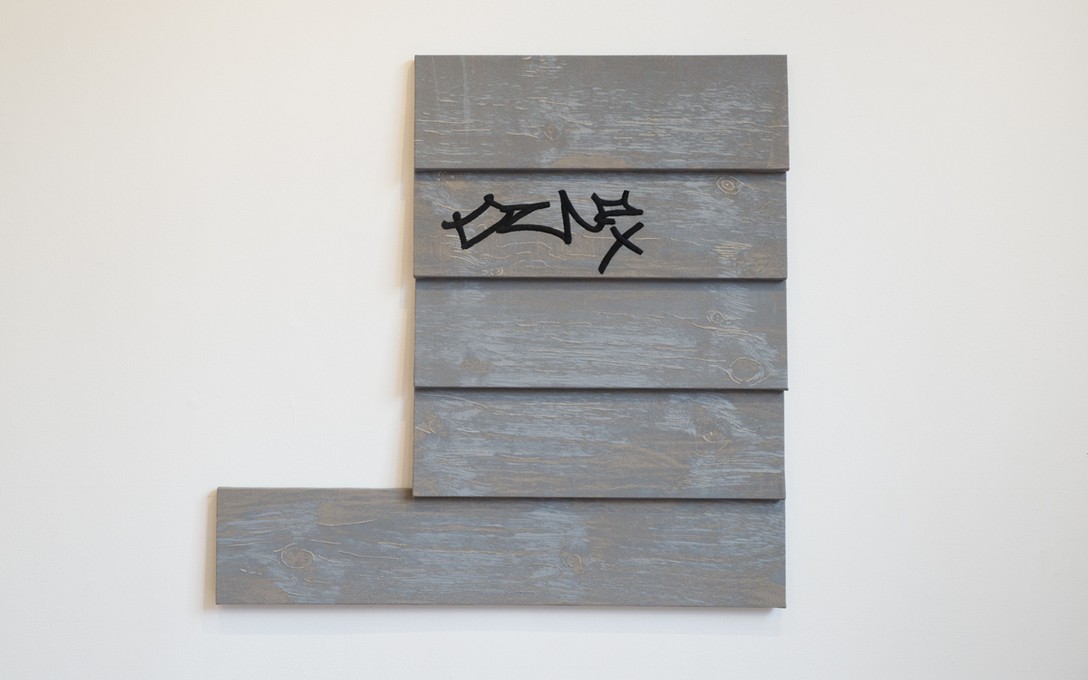
Jay Hutchinson, turn left at the end of the drive, 2016. Image courtesy of Shaun Matthews.
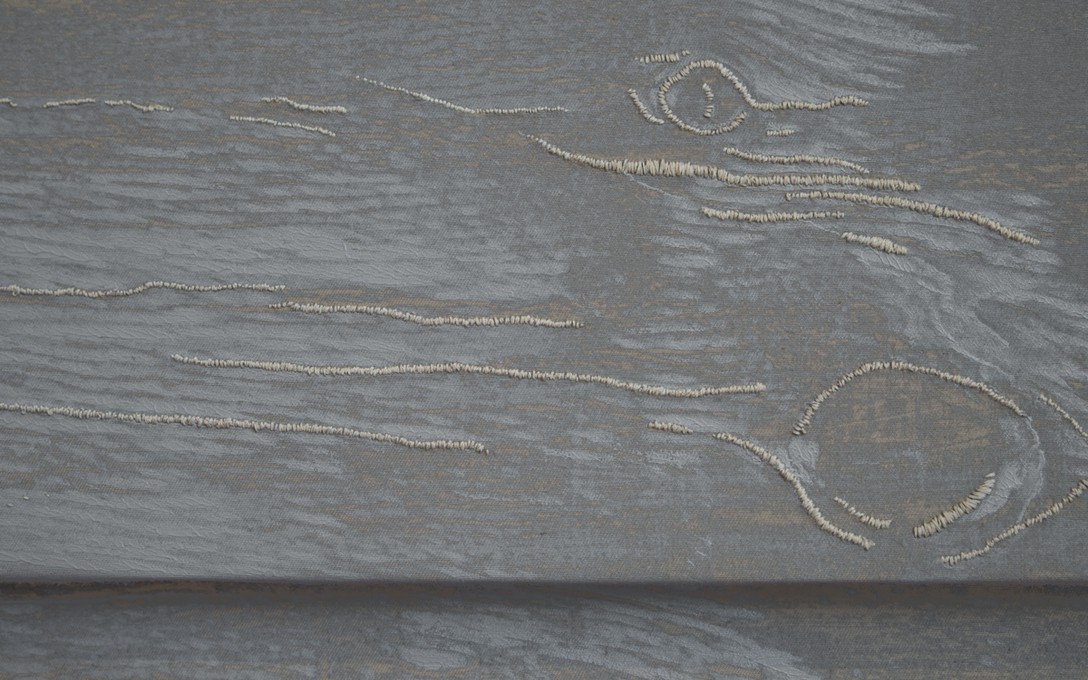
Jay Hutchinson, turn left at the end of the drive, 2016. Image courtesy of Shaun Matthews.
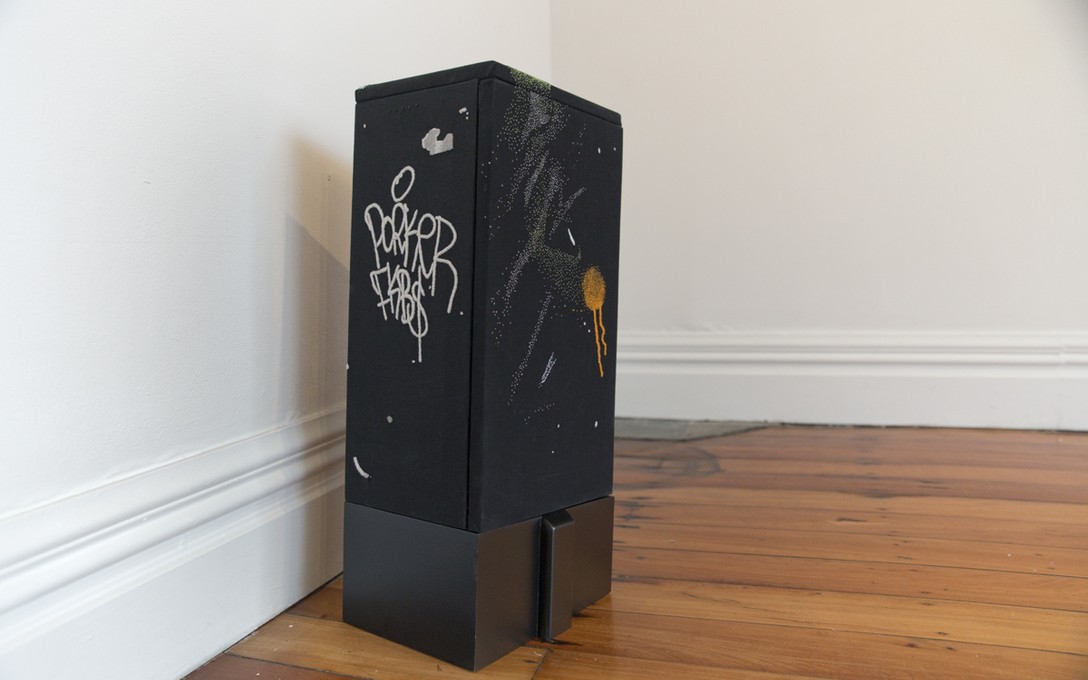
Jay Hutchinson, turn left at the end of the drive, 2016. Image courtesy of Shaun Matthews.
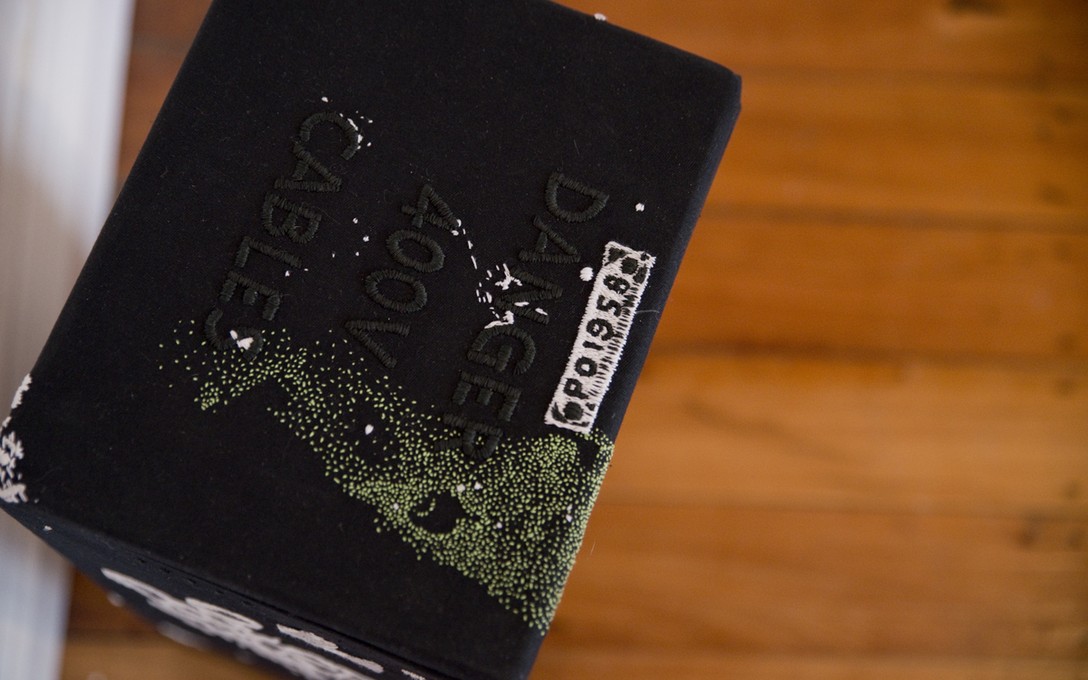
Jay Hutchinson, turn left at the end of the drive, 2016. Image courtesy of Shaun Matthews.
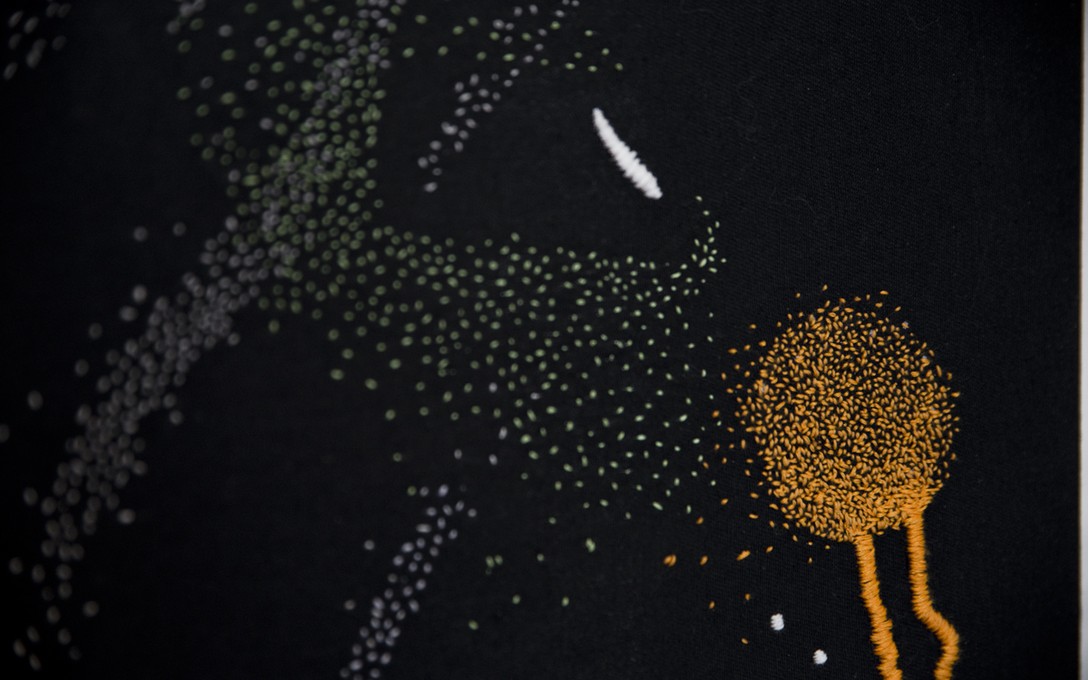
Jay Hutchinson, turn left at the end of the drive, 2016. Image courtesy of Shaun Matthews.
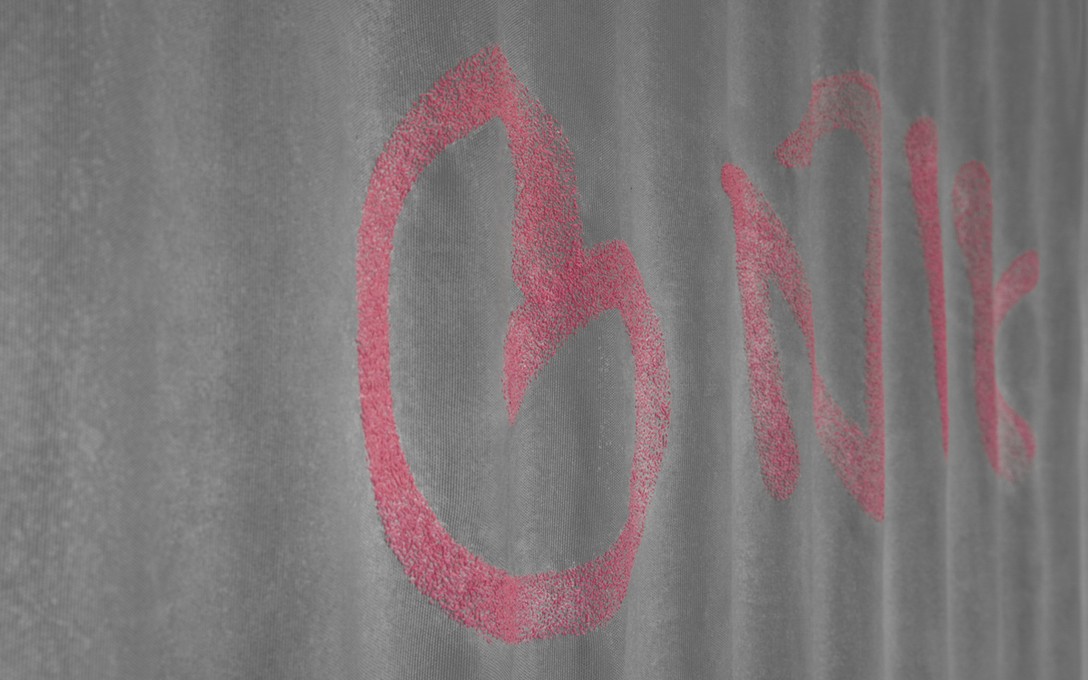
Jay Hutchinson, turn left at the end of the drive, 2016. Image courtesy of Shaun Matthews.
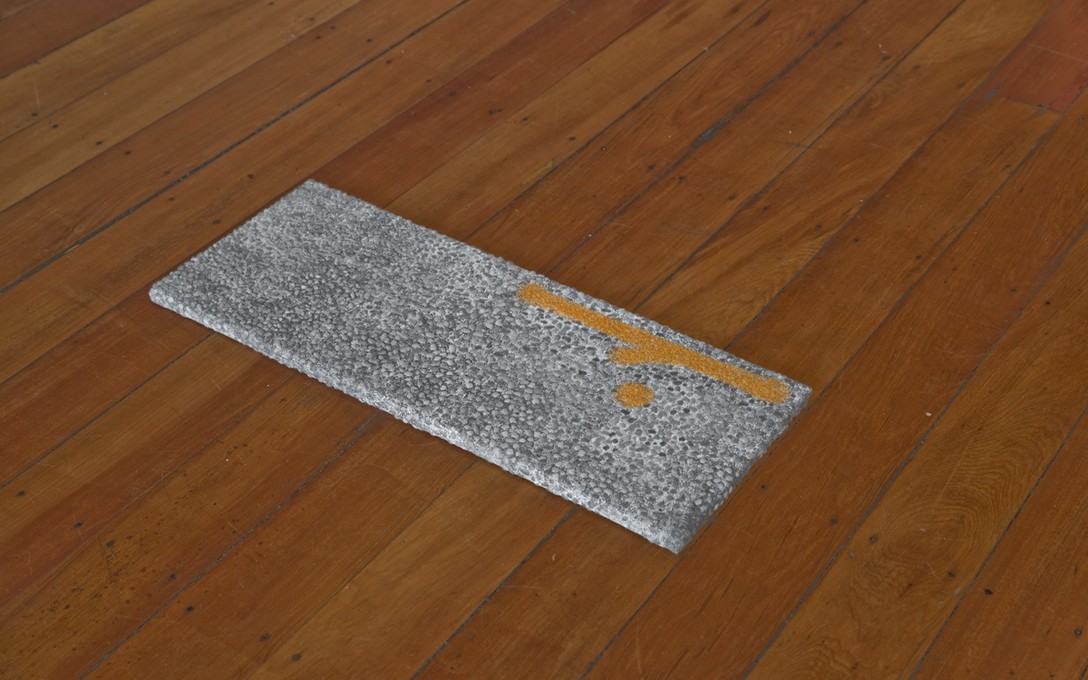
Jay Hutchinson, turn left at the end of the drive, 2016. Image courtesy of Shaun Matthews.
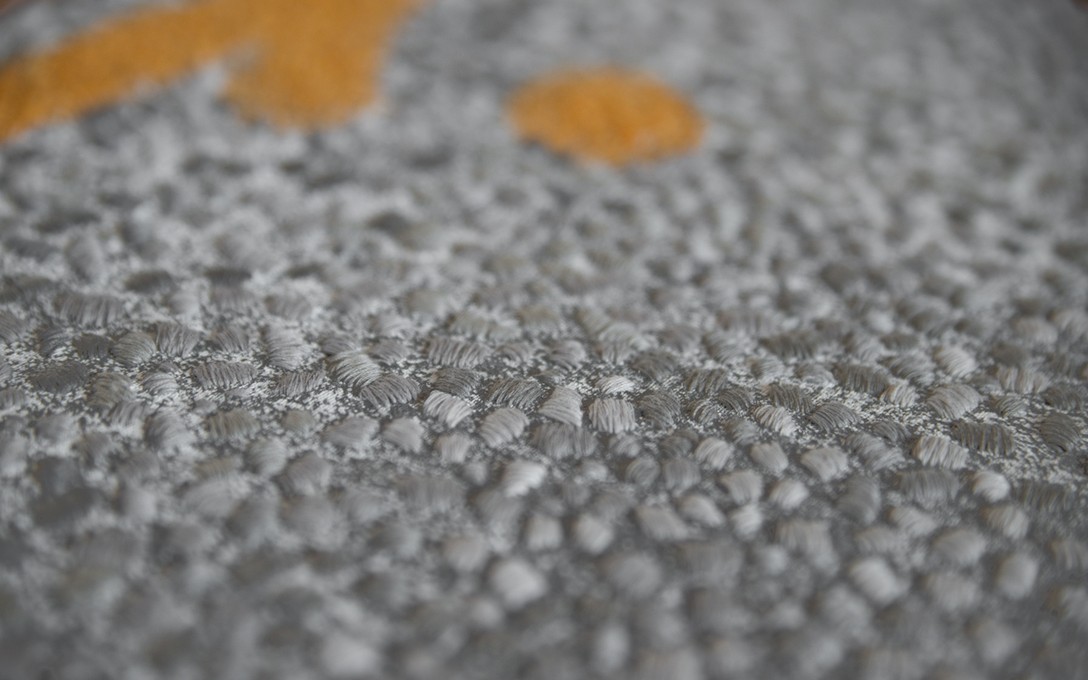
Jay Hutchinson, turn left at the end of the drive, 2016. Image courtesy of Shaun Matthews.
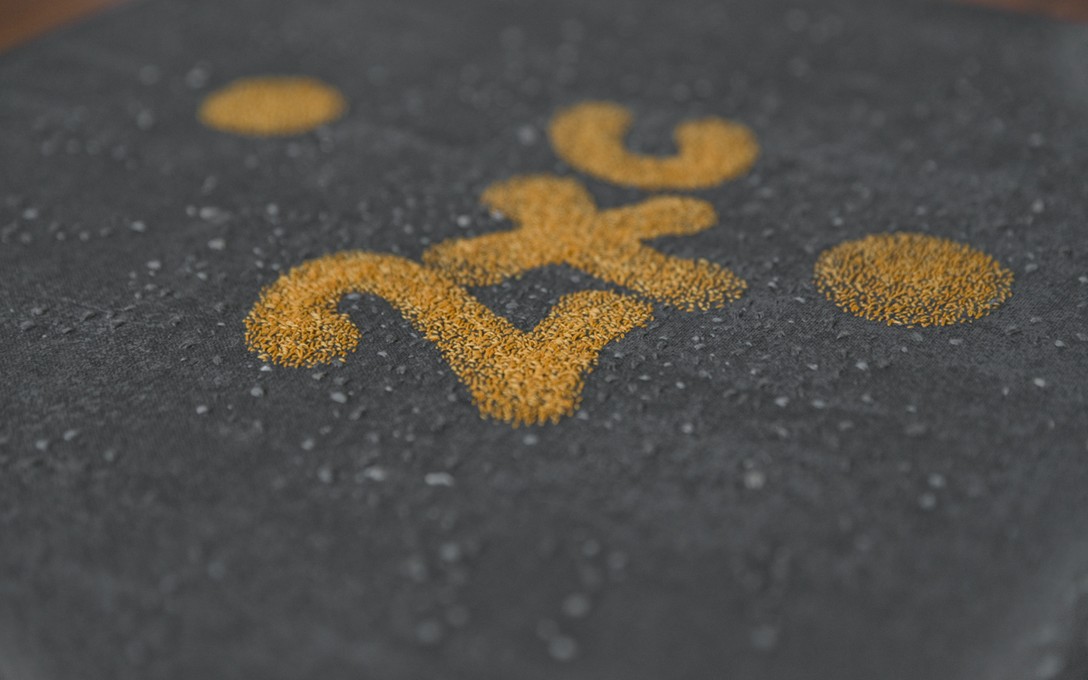
Jay Hutchinson, turn left at the end of the drive, 2016. Image courtesy of Shaun Matthews.
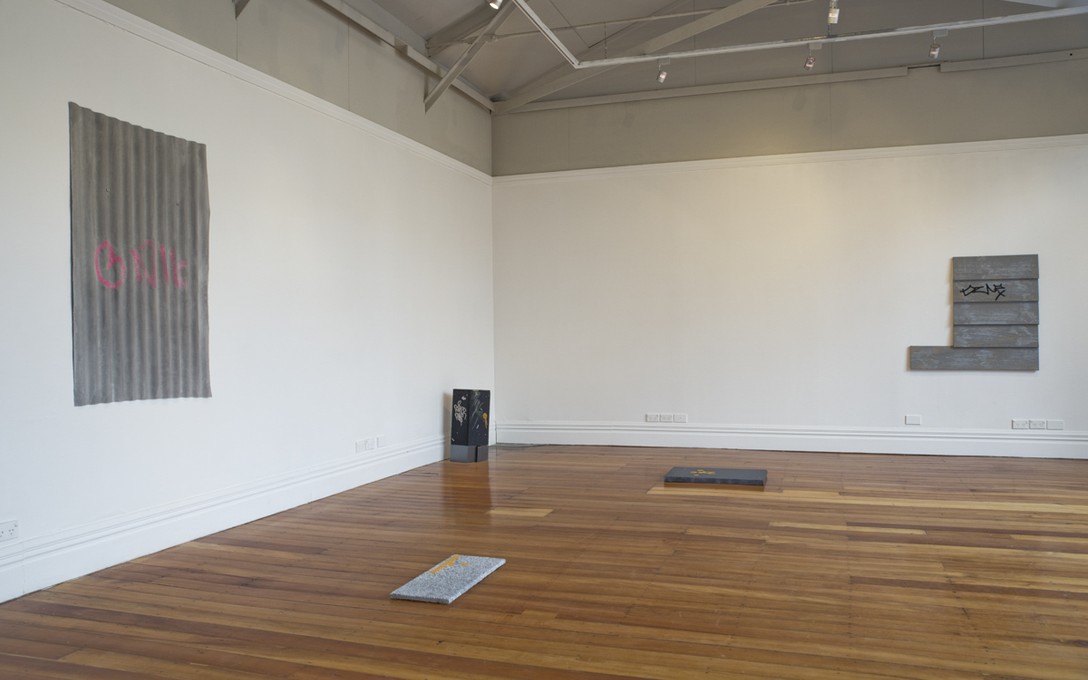
Jay Hutchinson, turn left at the end of the drive, 2016. Image courtesy of Shaun Matthews.
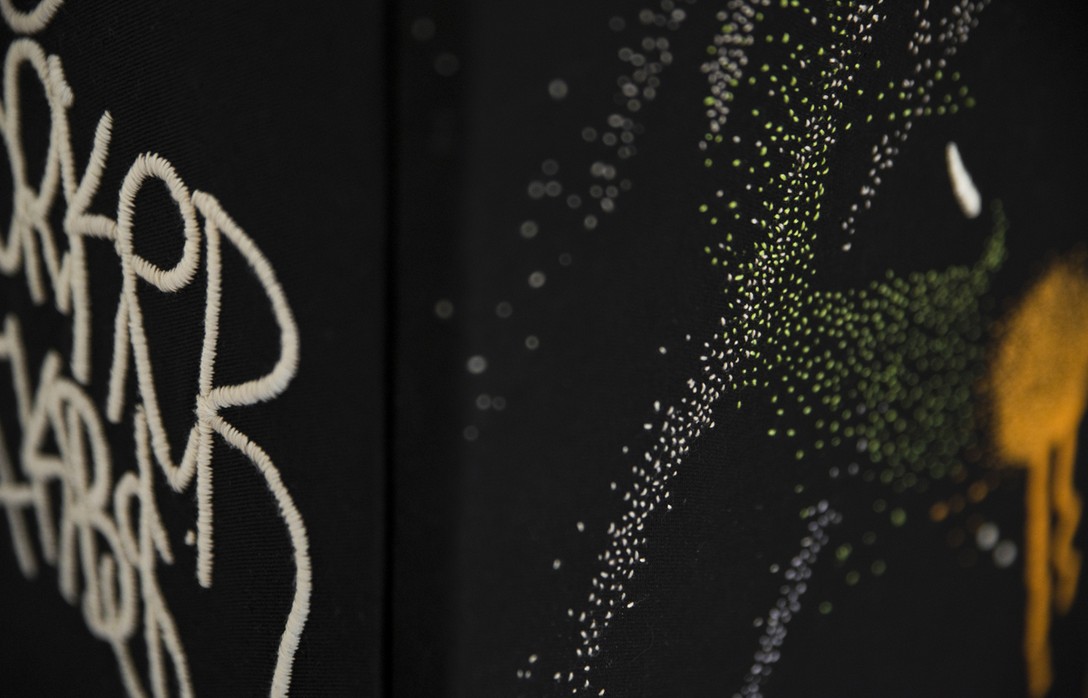
Jay Hutchinson, turn left at the end of the drive, 2016. Image courtesy of Shaun Matthews.
About the artist
Jay Hutchinson is a New Zealand artist based in Wellington. He graduated from the Dunedin School of Art with an MFA in 2008 and works with number of mediums including hand-embroidery, performance, drawing, video and fabric construction. His most recent projects have explored product fetishism, the devaluation of the worker and our decaying economic system.
